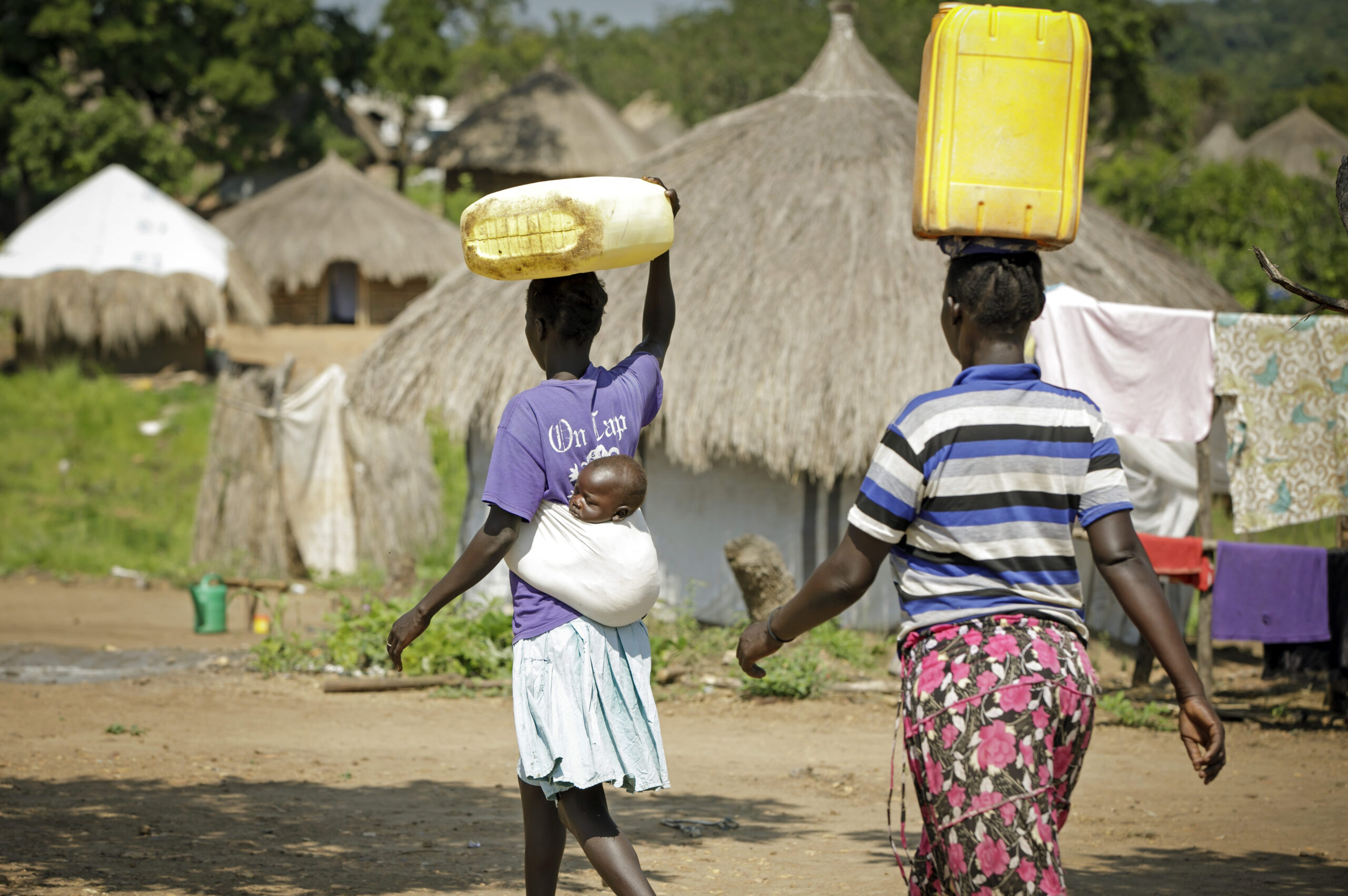
UN refugee agency says refugees in Uganda face food insecurity

The United Nations High Commissioner for Refugees (UNHCR) has expressed concern about the over 500,000 refugees in Uganda facing acute food insecurity amid severe cuts in food aid and COVID-19 restrictions.
Khaled Kabbara, UNHCR communications officer for Uganda, told Xinhua in an email on Sunday that Uganda’s refugee response is challenged by a mix of COVID-19, food cuts and decreased level of humanitarian funding hitting the country at the same time.
More than 91,000 refugees living in 13 refugee settlements across Uganda are experiencing extreme levels of hunger, and 400,000 are considered to be at crisis hunger levels and 135,130 children acutely malnourished and in urgent need of treatment, according to the Integrated Food Security Phase Classification (IPC) released last week.
“We witness the deterioration of food security and worrying protection trends. We see an increase in high-risk coping mechanisms to secure basic food needs,” Kabbara said.
“Achieving food security is crucial for refugees’ self-reliance, stabilization and survival, especially in times when refugees’ daily life struggles are coupled with challenges posed by the COVID-19 pandemic,” he said.
The spokesperson said improving access to livelihoods and self-reliance are critical to supporting medium-to-long-term solutions to food security.
“This requires greater partnership with governments, humanitarian and development partners, as well as the private sector to create an enabling environment that allows refugees to respond to their food security needs,” Kabbara said.
The UN World Food Program in Uganda in April announced a 30 percent reduction in food rations and cash transfers to more than 1.4 million vulnerable refugees who have fled into Uganda from neighboring countries.
According to the IPC, the situation will become worse if food and cash transfers are further cut to the refugees, who have fled violence mainly from South Sudan, the Democratic Republic of the Congo and Burundi.






